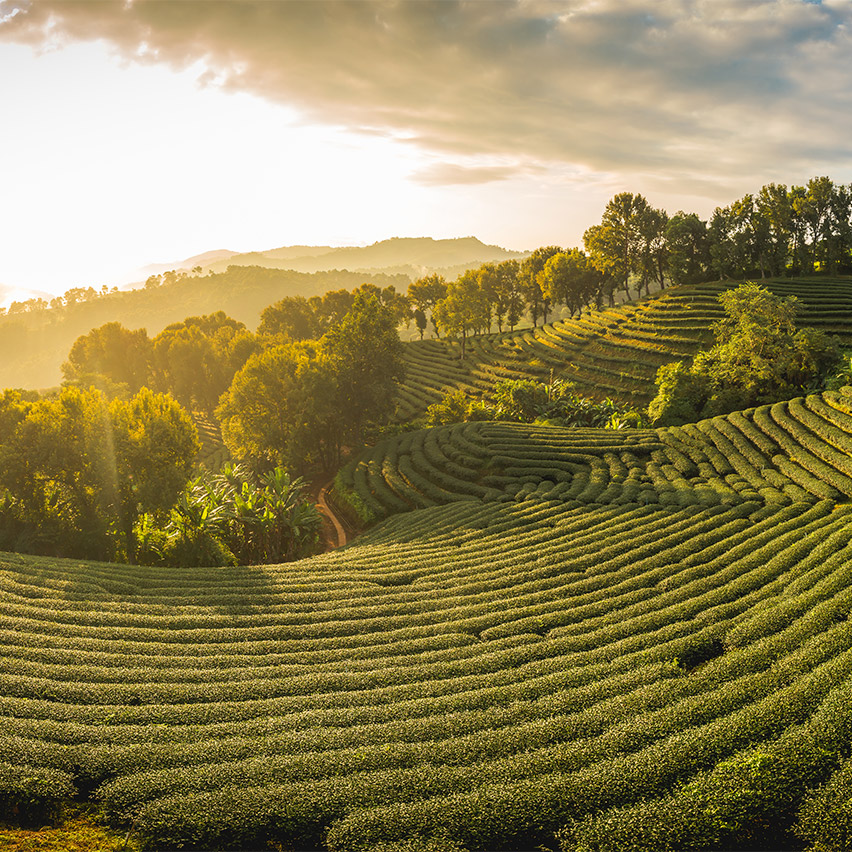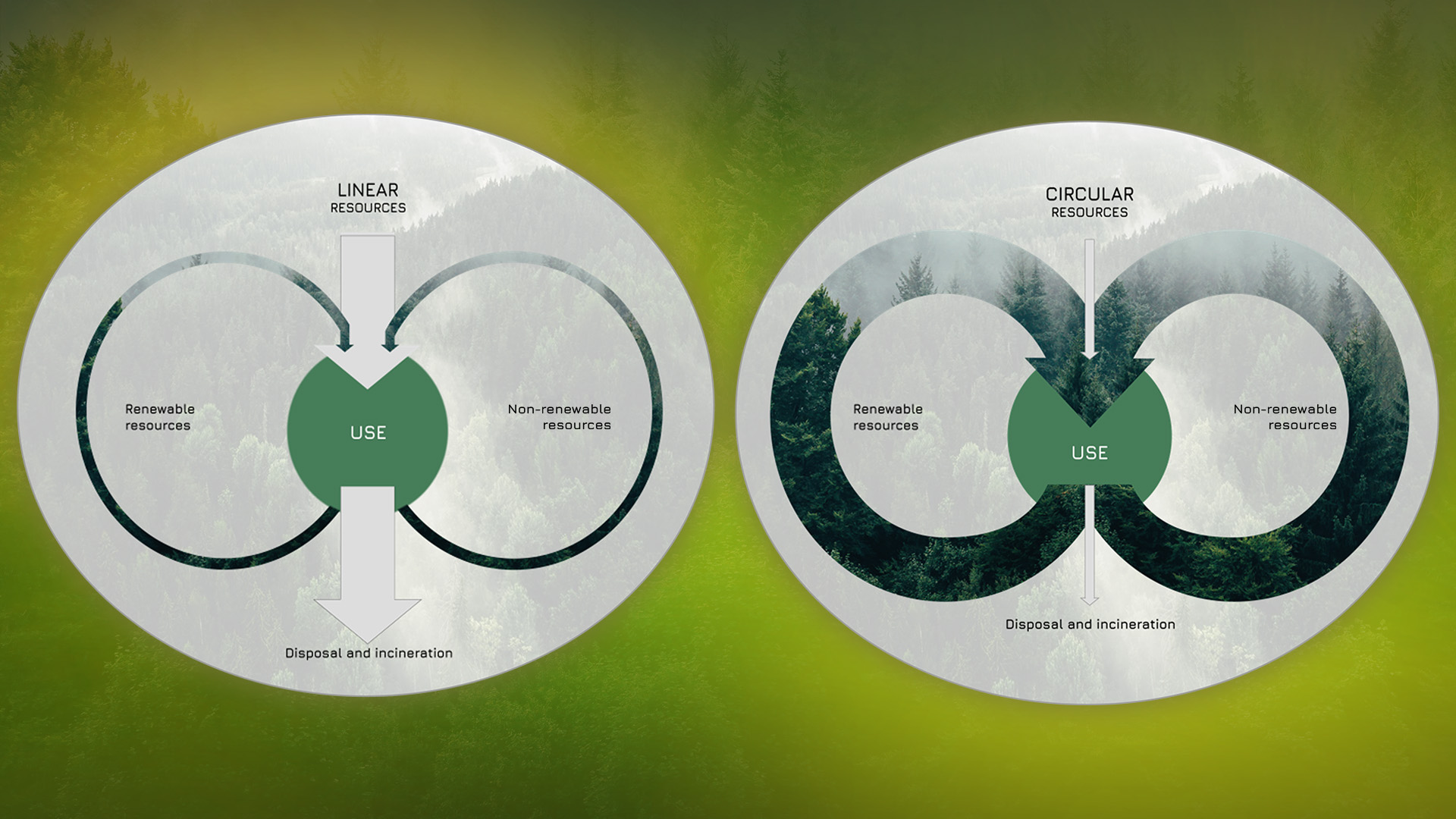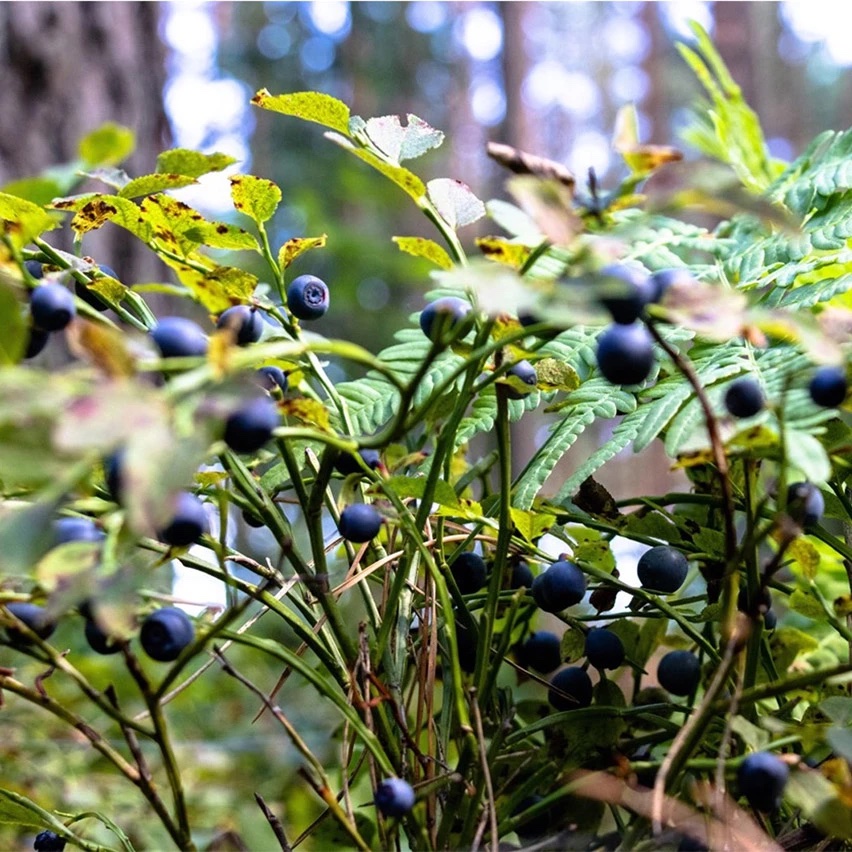We are committed to Nature
Browse all Indena’s documents about products, events, company information and so much more.
Go to sectionNature has always provided Indena with both inspiration and essential resources.
Being aware of how important it is to preserve and regenerate the natural balance of every living source, we strictly follow laws, guidelines and best practices for sustainability.
But that’s not enough: we also seek to generate positive environmental impact at producer level.
In 2017, we joined forces with Sedex, an important international organization that promotes the sustainable management of supply chains worldwide by monitoring the ethics of companies through a big data collection platform.
Botanical species involved
Countries of origin
Supply chains
Suppliers
ACTION
Preserving the variety and variability of life on Earth is essential not only for the future of our business but also for the wellbeing of all people: our true mission.
We care about where plants are grown and how they are handled, and for the people who are responsible for them, every step of the way.
Our system is based on 5 key points and allows us to create added value for our clients and our stakeholders by reinforcing a foundation of quality and reliability.
1. Full traceability
We oversee the entire process, from seed to finished product: detailed information is available per single supplier of vegetal material and year of production, through the Annual Production Records. This strong chain of custody is crucial to foresee and address the possible risks.
2. Supplier qualification
Suppliers are qualified in accordance with an internal procedure and strict criteria for quality, traceability and reliability.
3. Good agricultural practices
Corresponding to the implementation of the Guidelines on Good Agricultural and Collection Practices (GACP) for starting materials of herbal origin.
4. Social and environmental risk management
To make our 150 supply chains increasingly sustainable, we launched a sustainable sourcing program in 2013. This allows us to manage sustainability risks connected to botanical raw materials, with a special focus on communities’ safety and wellbeing, biodiversity conservation and sustainable regeneration of wild species.
5. Cultivated species over wild
After years of agronomic research, with reliable partners and strong commitment, today, most of the plant species in our portfolio are cultivated, on land owned directly by us or by third parties, under the strict control of our agronomists and botanists.
ACTION
Food nourishes growth and health: it is a precious resource that cannot go to waste in a framework of awareness, widespread efficiency and positive impact.
To optimize the use of the resources at our disposal, and to extract the maximum potential from materials that would otherwise be discarded, we look to the principles of the circular economy to help us upcycle food waste and reduce our environmental footprint.
We see waste as a design flaw, not an inevitable by-product of our activity. That’s why we actively seek out ways to convert “waste” into raw materials or energy: elevating reuse to a business model can help reduce environmental impacts, creating vital ecosystems.
A circular design model is based on 3 principles:
The transition to circularity is a long journey, requiring a variety of actions to gradually mitigate environmental impacts. That’s why, at Indena, we look for opportunities to reduce, reuse and recycle – starting from where we can generate the biggest difference: our products and processes.
How can a small berry make a difference for people’s health and global sustainability?
By offering an extract with well-documented antioxidant properties, based on a sustainable supply chain to protect biodiversity, and followed by a circular zero-waste production process.
Sorry, our website doesn't support IE11 and older versions
For a better experience try a modern browser:
This is a private file, to request the download of this resource, please fullfill the fields below.




